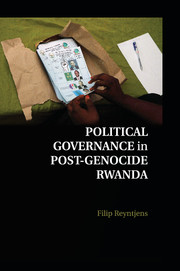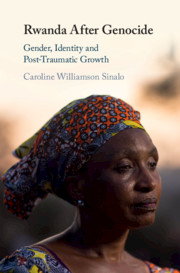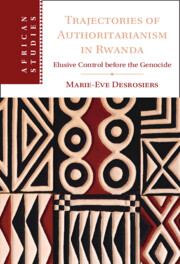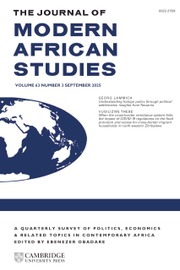Political Governance in Post-Genocide Rwanda
Filip Reyntjens's new book analyzes political governance in post-genocide Rwanda and focuses on the rise of the authoritarian Rwandan Patriotic Front (RPF). In the aftermath of the 1994 Rwandan genocide, the RPF has employed various means – rigged elections, elimination of opposition parties and civil society, legislation outlawing dissenting opinions, and terrorism – to consolidate power and perpetuate its position as the nation's ruling party. Although many international observers have hailed Rwanda as a “success story” for its technocratic governance, societal reforms, and economic development, Reyntjens complicates this picture by casting light on the regime's human rights abuses, social engineering projects, information management schemes, and retributive justice system.
- Includes critical analysis of the Rwandan Patriotic Front's bureaucratic regime
- Examines the political governance since the 1994 genocide
- Draws conclusions on the flawed political governance that risks destroying the achievements of its developmental efforts and has engendered large-scale structural violence
Product details
June 2015Paperback
9781107678798
320 pages
230 × 153 × 15 mm
0.46kg
Available
Table of Contents
- Introduction
- 1. The capture of power and the path to hegemony
- 2. Elections as a means of regime consolidation
- 3. Managing political space
- 4. Human rights, a dismal record
- 5. Dealing with the world and the region
- 6. Engineering a new society
- 7. Managing information, imposing the truth
- 8. The politics of justice
- Conclusion.









